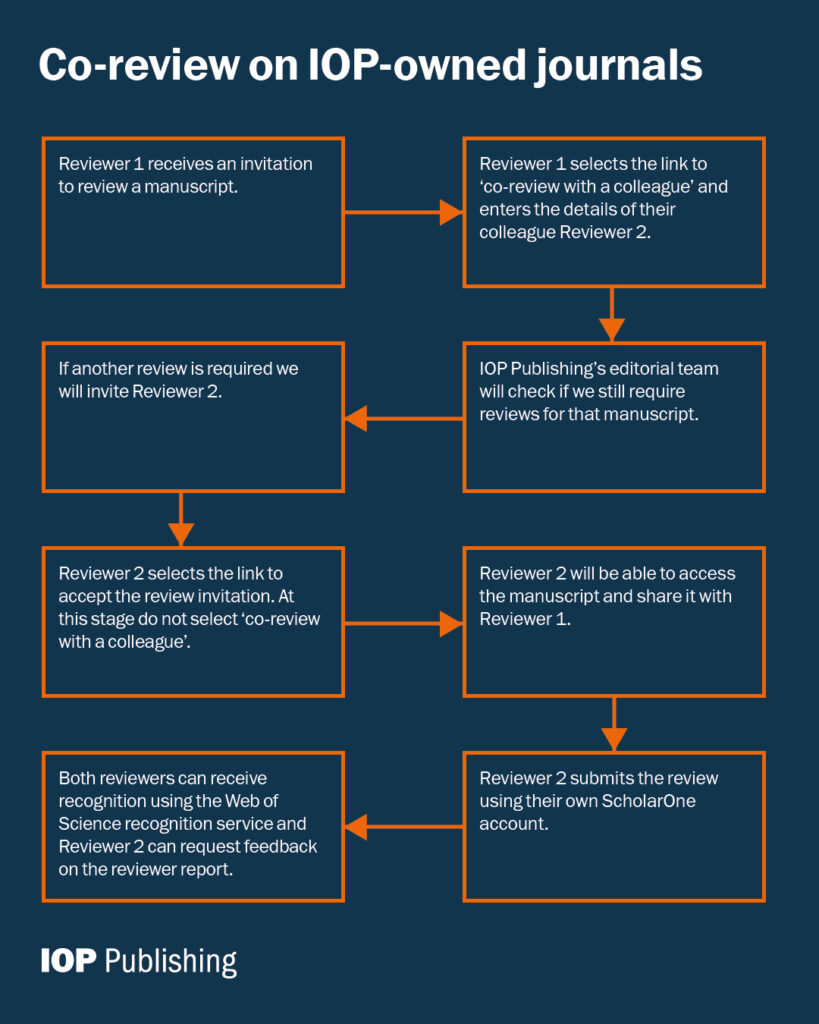I think the title of this question is misleading. You describe a situation in which reviewers are encouraged to co-review with junior colleagues (and from the phrasing, the journal encourages reviewers to get help from a single colleague, not a gaggle of them), which most researchers and academics would not interpret as "breaking the confidentiality of peer review".
In the strict sense of the word, I guess you are correct -- it does not matter whether the reviewer shares the manuscript with one other person or one hundred -- the manuscript is no longer confidential. However, I myself (and most if not all of my colleagues) would consider "confidential peer review" to mean "not made available to the public" (or any group of people).
In that context, I would consider "breaching confidentiality" to mean circulating that paper to a person or a group of people, without any intention of including them in the review process. E.g. the advisor asks their PhD student whether they'd like to learn how to do a review, the student agrees and the advisor shares the paper with a student -- that's completely okay. On the other hand, if the advisor said to all their PhD students "let's review and then discuss this paper together in our group meeting", that would raise some eyebrows.
After all, a number of individuals who have not reviewed your paper and are not in any way related to the journal will have had the chance to see your paper during the review process. Specifically, this would be all the reviewers that declined to review your paper -- the manuscript will often (but not always) be available to them in order to help them make their choice. So, I wouldn't distinguish between whether my manuscript was accessible to 3, 5 or 7 people before publication.
However, this is all fast becoming a moot point in some research fields which a very strong preprint culture. Even if the conference/journal is blind or double blind (so the reviewers can't see the author's names), in 80% of the cases, just sticking the paper name into a search engine will find you an arXiv preprint.
Now, to specifically answer your question with an example, this preprint culture has grown so strong, that some journals now offer their own preprint services. For example, the journal Computers and Electronics in Agriculture (no affiliation except having published there a couple of times) now offers to upload your paper, without review, to their preprint server at the time of submission. Specifically, from their "guide for authors":
In support of Open Science, this journal offers its authors a free preprint posting service. Preprints provide early registration and dissemination of your research, which facilitates early citations and collaboration.
During submission to Editorial Manager, you can choose to release your manuscript publicly as a preprint on the preprint server SSRN once it enters peer-review with the journal. Your choice will have no effect on the editorial process or outcome with the journal. Please note that the corresponding author is expected to seek approval from all co-authors before agreeing to release the manuscript publicly on SSRN.
You will be notified via email when your preprint is posted online and a Digital Object Identifier (DOI) is assigned. Your preprint will remain globally available free to read whether the journal accepts or rejects your manuscript.
Now, this is what I would truly consider "not practising confidential peer review" -- while no author is forced into it, they are essentially offering to put your draft out there, with your name on it, for all to see while it is under review. (And again, due to the prevalence of preprint servers such as arXiv, I wouldn't bat an eye).
(Finally, to note, there's another dimension of "confidentiality" -- that is, are the words that a reviewer writes confidential (between the reviewer, author and editor), or not. I am also familiar with a number of Computer Science conferences where the reviews themselves are also made public -- for a list of conferences practising this, you can check OpenReview)

